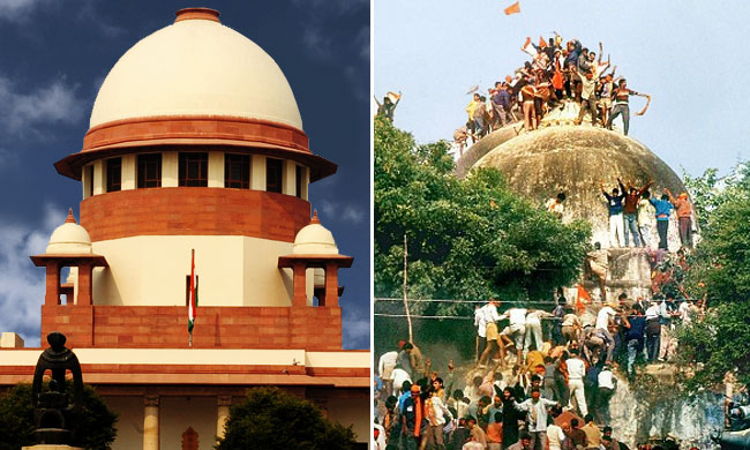Next Story
10 Jan 2019 9:45 PM IST
Arduous task awaits the Supreme Court in the hearing of Ayodhya-Babri Masjid title dispute case.Before the Court are appeals arising from the 2010 judgment of Allahabad High Court in four suits.The matter is voluminous, with the judgment running to 4304 pages and depositions of 88 witnesses running to 13,866 pages. 257 documents were marked in the trial, in which 120 issues were framed....

